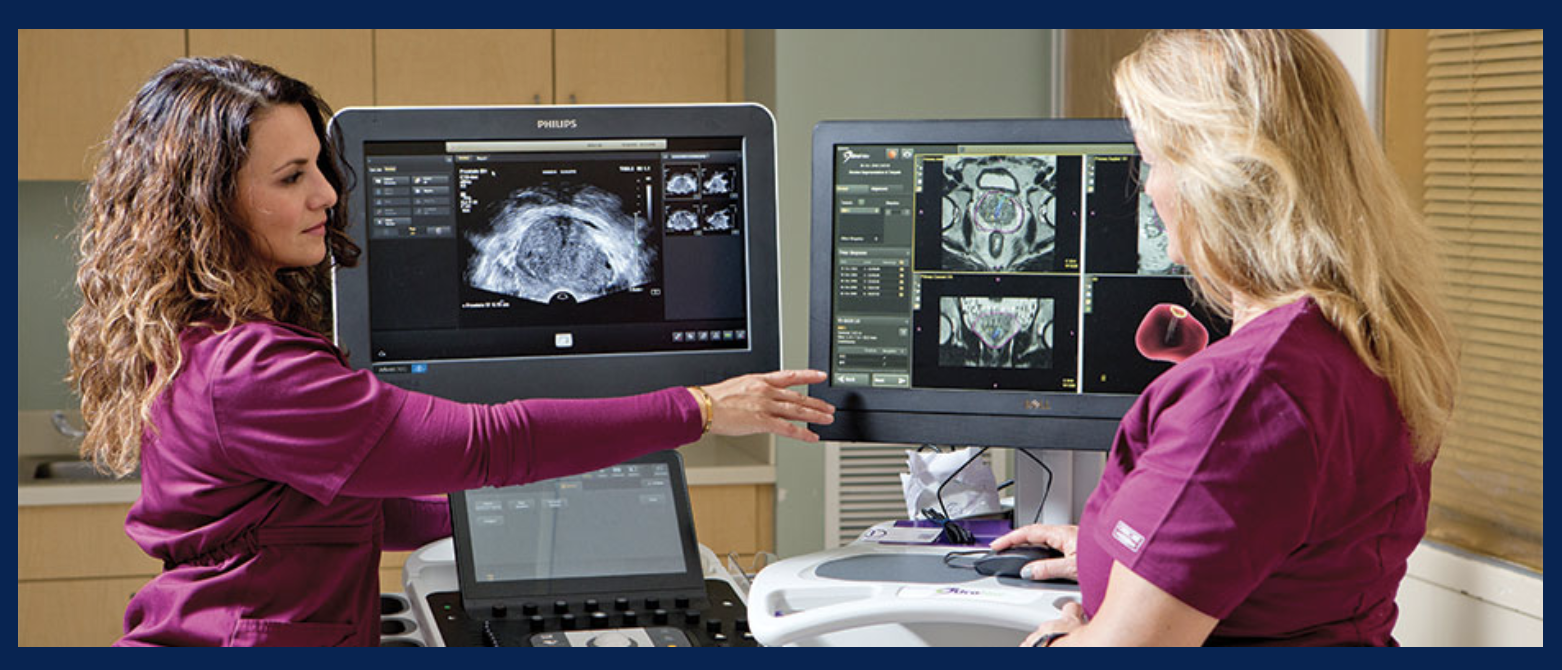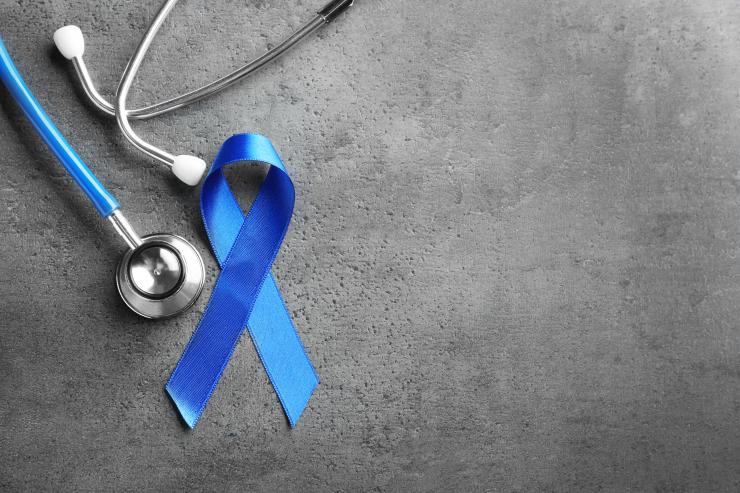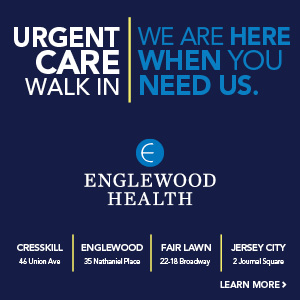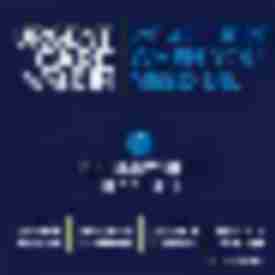Remember back when you were a kid and you thought being an adult was so great? That was before you realized that adulting mostly consists of paying taxes, driving carpools, and reading the backs of grocery packaging to assess sugar content. Oh yeah, and before you knew it that being an adult also meant adding routine screenings for things like colon cancer to your regularly scheduled life.
But Englewood Health in Englewood, New Jersey is here to encourage you to make that call to either your primary care physician or a gastroenterologist and make the appointment. Because colon cancer is now the second biggest cancer killer in the United States, and you only need to look at those sticky faces drinking no sugar added juice in the back of your parent mobile to know why it's important to get a clean bill of health.
"The great news is that colon cancer is one of the most easily curable cancers," says Samuel Bae, MD, a gastroenterologist at Englewood Health. "If we catch colon cancer in the early stage when it's a polyp, the cure rate can exceed 90 percent."
Okay super, so what are you in for exactly? That depends. If you want to opt for a noninvasive screening option first, and you don't have a family history of colon cancer, risk factors or symptoms, the Fecal Immunohistochemical Test (FIT test) is a great option.

FIT tests look for trace amounts of blood in your stool that could be a sign of colon cancer. FIT tests are easy to perform and can be done in the privacy of your own home. All you do is collect a small stool sample using supplies that can be provided by your gastroenterologist or purchased at your local pharmacy.
Once you've collected your sample, you'll send it to a lab for analysis. If your test results show that blood is present in your feces, don't panic. But do make an appointment to discuss the results with your doctor so you can decide on next steps. Most likely, your doctor will recommend additional testing which may include a colonoscopy.
More good news - this is not your grandparents' colonoscopy. Colonoscopies today are very different, requiring a much shorter and easier preparatory process. On the day of your procedure, you will be given modern, minimal sedation that makes the procedure quick and painless. While you're sedated, your doctor will use a camera to examine your colon for any abnormalities like polyps or tumors.
"The great benefit of a colonoscopy is that not only is it the best diagnostic tool, but it can also be an effective treatment," according to Dr. Bae. "If we find a polyp or even a small cancer, we can take it out during the procedure." Because of this, colonoscopies are the most effective way to detect and prevent colon cancer.
Here's the deal, either of these two screening options for colon cancer are better than not getting screened at all. Especially if you are 50 years or older, have a family history of the disease or are experiencing symptoms that include blood in your stool, diarrhea or constipation, unexplained weight loss, or abdominal pain. So, pick up your phone, make a call and then pat yourself on the back. You adulted well today!
For more information on colon cancer screenings, click here.
350 Engle Street
Englewood, NJ 07631








